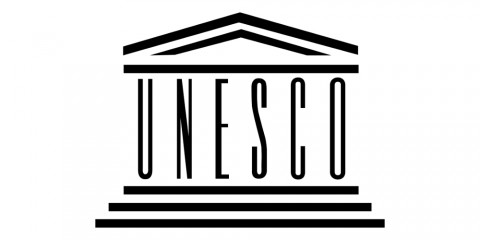Global Water Pathogen Project
2015 - 2018 • UNESCO United Nations Educational, Scientific, and Cultural Organization
Purpose
Publishing a state-of-the-art reference work on water-related disease risks and intervention measures to replace Sanitation and Disease Health Aspects of Excreta and Wastewater Management by Feachem et al, 1983
Activities
Short description of the project:
This Global Water Pathogen Project (GWPP) is aimed at developing a knowledge resource to guide future goals for achieving safe water. It aims at helping to reduce mortality linked to water pathogens (in particular viruses, bacteria, protists and helminths) and the lack of safe drinking water and basic sanitation through creating, publishing and disseminating the state-of-the-art replacement of the current benchmark reference work on water related disease risks and intervention measures, the book “Sanitation and Disease: Health Aspects of Excreta and Wastewater Management” (Feachem et al. 1983).
This book has not been rewritten in more than 30 years. Current information technologies, such as a collaborative online platform that includes a book authoring tool, will help in re-writing and disseminating the new book in printed and electronic format. The book will be available in at least three official languages of the United Nations (French, English and Spanish) and following the open access policy of UNESCO. The book is inspired by the structure and scope of Feacham et al, but it will expand beyond it, in every respect.
Goal(s):
The goal of the project is to reduce mortality linked to waterborne pathogens and the lack of sustainable access to safe drinking water and basic sanitation, mainly in the developing world, in support of the development of quantitative microbial risk assessment (a framework supported globally for developing management strategies), water security and Sustainable Development Goals (SDGs).
Countries of activity
Location of main activity
Objectives
The project will compile new data available regarding emerging pathogens, new technologies for measuring pathogens, new information on pathogen occurrence and persistence and new means of treatment and their evaluation. It will then disseminate the new knowledge globally, through UNESCO’s and contributors’ networks and in international events, in order to improve the management of wastewater in the developing world and reduce mortality linked to enteric and diarrheal diseases.
The project will produce and publish a benchmark reference publication, under open access license and in at least three official languages of the United Nations (English, French and Spanish).
Further information
Knowledge will be gathered thanks to the online platform currently being developed by AgroKnow and which will present data on pathogens, key indicators, source tracking markers and pathogen risks from excreta.
Research or implementation partners: Michigan State University, USA, in charge of coordinating the online platform and the network of contributors.
Filter tags
Bill & Melinda Gates Foundation Capacity development Educators Food security and productive sanitation Global Greywater or wastewater Health and hygiene Multilateral organisation North America Practitioners Technology comparisons
Links

Uploaded by:
danijela milosevic (milli)














